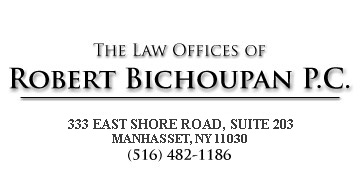|
The Importance of Compliance with Your Local Building Department
May 01, 2018
Jonathan Mottahedeh Almost all building departments of a city, town or village in New York require structures, dwellings and certain improvements on land to have a valid certificate of occupancy (CO) for the use and occupancy, and a certificate of compliance (CC) or final permit for certain alterations to the building and accessory structures. The document usually summarizes prior approved plans and provides for a building's legal use and/or type of permitted occupancy (e.g. residential, commercial, mixed-use, etc.). It also provides for the number of residences or units which are allowed on the property. In some cases, building departments may issue a Temporary Certificate of Occupancy (TCO), which is valid for a fixed (short) duration, for a building that still has outstanding work or open permits before the owner obtains a final CO. A TCO will allow occupancy until the owner finalizes open matters with the building department. The general rule for most local building codes is that no person or entity may legally occupy a building until the department has issued a CO or TCO. If a building doesn't have a proper CO, most municipalities can and will issue a vacate order forcing occupants to leave the property and may issue substantial fines and penalties that will quickly increase in amount if the underlying problem is not quickly addressed. Similarly, if certain alterations, renovations or additions are made on the property without an application to the building department to update the CO or obtain a CC, the municipality can issue summonses requiring court appearances. The municipality can also impose violations against the property and fines against the owner. Depending on the nature of the alteration including any health and safety hazards caused by any ongoing work, the municipality may issue a stop work order or vacate order. In rare cases, there may be criminal ramifications. Sellers of real estate should either clear these municipal issues before entering into a formal contract of sale or expect to negotiate these matters with any potential purchaser. Purchasers should understand that the engineer’s reports or home inspections do not determine that a building is in compliance with the local building code. Therefore, they will need the advice of counsel to assess any risks and necessary contract language. Purchasers who are depending on financing will need to determine a lender’s requirements for COs and other building department matters.
Prior results do not guarantee a similar outcome. All information posted is general advice only, based upon the rules of NYS, and is not intended to be a substitute for personal legal advice. Although information provided here was accurate as of the date of posting, laws change frequently and rules in other jurisdictions may differ. Therefore, readers should not rely upon these postings but should consult an attorney to discuss their specific factual situation.
|





